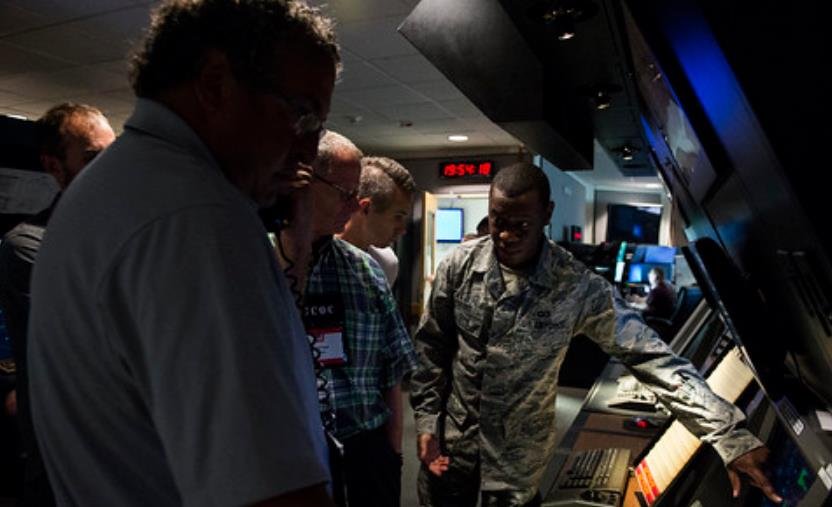The defense industry and warfare are undergoing a radical transformation, driven by the integration of civilian technology and innovation. From off-the-shelf drones to satellite communications, from artificial intelligence to cyber capabilities, the military is increasingly relying on tech firms to equip and enhance its operations. This shift has created a new techno-military industrial complex, where tech CEOs mingle with arms-makers and generals, and where civilian and military interests converge and collide.
This phenomenon was evident at the annual Munich Security Conference (MSC), which took place from February 14 to 16, 2024. The event, which brought together more than 500 leaders and experts from the fields of politics, security, business, and academia, featured several panels and discussions on the role and impact of technology on defense and security. Among the speakers were representatives from some of the world’s leading tech and defense companies, such as Google, Amazon, SpaceX, Microsoft, Lockheed Martin, Boeing, and Raytheon.

The challenges and opportunities of tech and defense collaboration
The collaboration between tech and defense sectors offers both challenges and opportunities for the actors involved. On one hand, it provides new solutions and capabilities for the military, as well as new markets and revenues for the tech firms. On the other hand, it raises ethical, legal, and political dilemmas, as well as competitive and regulatory pressures.
Some of the issues that emerged at the MSC included the following:
- The ethical and legal implications of using autonomous weapons, such as lethal drones and robots, that can make decisions and act without human intervention or oversight.
- The political and social backlash that tech firms may face from their employees, customers, and civil society groups, who may oppose their involvement in military projects or contracts, especially if they entail human rights violations or civilian casualties.
- The competitive and regulatory challenges that tech firms may encounter from their rivals or governments, who may seek to limit their access or influence in the defense market, or to impose stricter rules and standards on their products and services.
- The security and cyber risks that tech and defense sectors may face from hackers, terrorists, or hostile states, who may try to steal, sabotage, or manipulate their data, systems, or networks.
The need for dialogue and cooperation among stakeholders
The MSC also highlighted the need for dialogue and cooperation among the various stakeholders in the techno-military industrial complex, in order to address the challenges and seize the opportunities of tech and defense collaboration. Some of the recommendations that were made at the event included the following:
- The establishment of a global code of conduct or a set of principles and norms for the responsible use and development of technology in defense and security, with the participation and input of tech and defense sectors, governments, international organizations, and civil society groups.
- The creation of a platform or a forum for regular and transparent communication and consultation among tech and defense sectors, as well as other relevant actors, to exchange information, share best practices, and coordinate actions on common issues and challenges.
- The enhancement of the cooperation and coordination between the tech and defense sectors and the international community, especially the United Nations, the European Union, and NATO, to support the implementation of the international law and the global agenda on peace and security, as well as to foster innovation and cooperation in the fields of defense and security.







